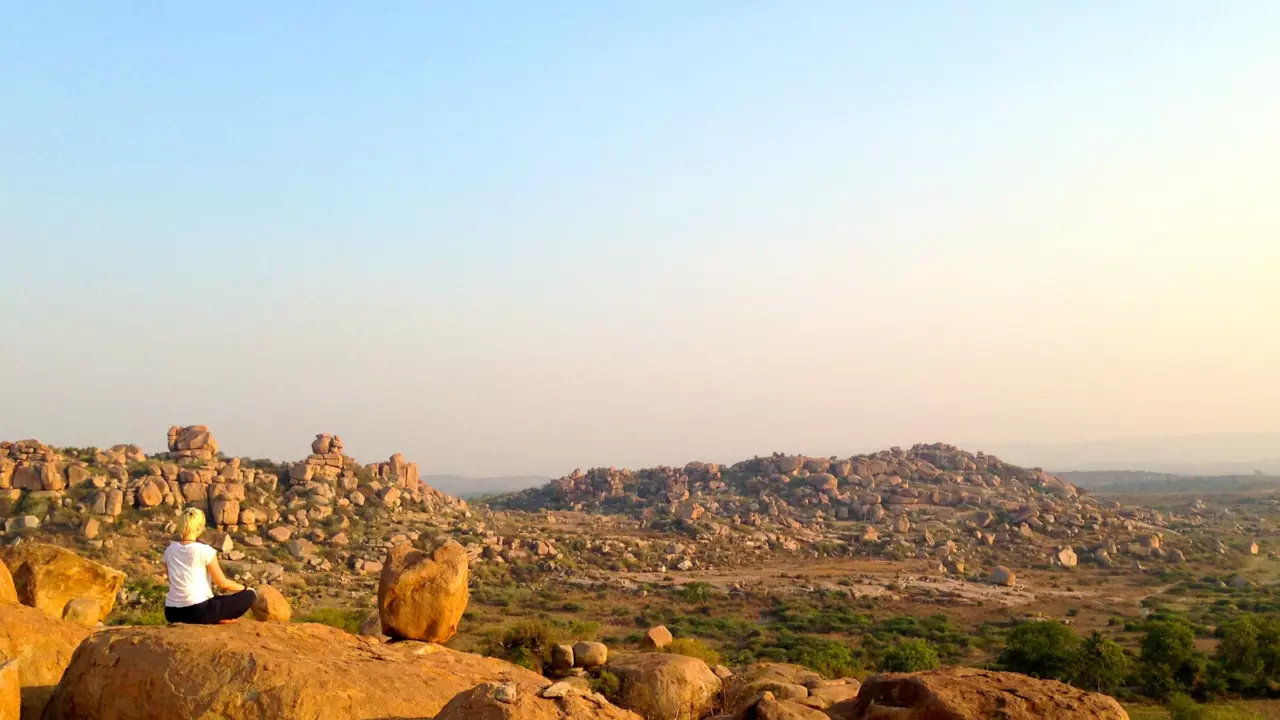Pneumothorax at 17: My BHD Story
29 Feb 2024
In a special piece to mark Rare Disease Day 2024, we speak to one of our BHD patients, Kirsten, who is 31 and lives in Scotland. Kirsten shares her experiences of being diagnosed with a rare disease and things she learned along the way.
Tell us a bit about your diagnosis journey. What happened?
In 2010, at 17, I experienced a sudden, sharp pain in my chest and left shoulder. I felt breathless and struggled to lift my left arm or lie down. A trip to the GP and several restless nights eventually led to an X-ray revealing a full collapse of my left lung, an agonising 5 days after it initially collapsed. This was followed by an ambulance journey to a larger hospital and a week-long process of reinflating my lung, concluding with a chemical pleurodesis. Thirteen years later, my older brother's chest pains due to a pneumothorax consequently unveiled BHD syndrome. A chest CT showing numerous lung cysts led to his diagnosis, prompting my own in December 2023.
What was your experience of being a patient presenting with unusual symptoms for someone your age?
At the time of my pneumothorax, I faced a lot of scepticism and I had to plead for acknowledgment from a GP who initially insinuated I was faking my symptoms. Opting for a second opinion, a different doctor prescribed antibiotics but we insisted on an X-ray, which we had to arrange independently. The local hospital staff were all intrigued by the rarity, having never seen a ‘spontaneous’ pneumothorax in a young female. Surprisingly, during my 12-day hospital stay at the larger hospital, a chest CT was never done and the lack of investigation into the cause of my pneumothorax delayed our diagnosis by over 13 years.
What steps did you take to get the tests you needed?
In the UK, unless a chest CT scan was conducted during the initial diagnostic stages, it's uncommon to receive this, given the current medical stance that no preventive measures exist for lung cysts. Action is typically taken only in the event of a collapsed lung due to a ruptured cyst. As I have experienced partial pneumothoraxes post-surgery, I proactively requested to be put on the waiting list for a chest CT scan through my genetic counsellor, who facilitated the process.
How do you advocate for BHD awareness?
With no current kidney or skin concerns, I advocate for increased awareness of the lung-related challenges associated with BHD, emphasising the need for more support and information regarding lung cysts and pneumothoraxes. In my experience, the respiratory symptoms often struggle to gain the attention they deserve from the medical community. There's a need for a more nuanced understanding and acknowledgment of the gravity of these lung-related issues within the medical discourse.
How do you overcome challenges in medical appointments?
For anyone facing challenges in medical appointments, my advice is to maintain a detailed record of details such as test dates, results, conversational notes, any questions, and observed symptoms. You can have open communication with medical professionals, ensuring that your comprehensive documentation serves as a valuable resource for informed discussions about your health.
Given the self-management nature of our lung symptoms, it's important to recognize pneumothorax symptoms, understand potential complications, and decide when medical attention is needed. Therefore, understanding the lung aspects of our condition is crucial for effective self-care.
What advice would you give to others going through similar experiences?
Personally, I like to be well-informed, and while this approach might not suit everyone, I recommend utilising online resources. Explore reputable articles and websites to ensure the information is fact-based. Empower yourself, as it can help when asking insightful questions and understanding complex aspects of the condition. Advocating for yourself is crucial, so consider seeking a second opinion if you find yourself concerned with a particular outcome or diagnosis.
Additionally, having a reliable support system is invaluable. If lucky enough to have access to a genetic counsellor, take advantage of their expertise. A sympathetic ear coupled with a wealth of information can make a significant difference. Communication is key – share your concerns and questions openly to enhance the support you receive.
